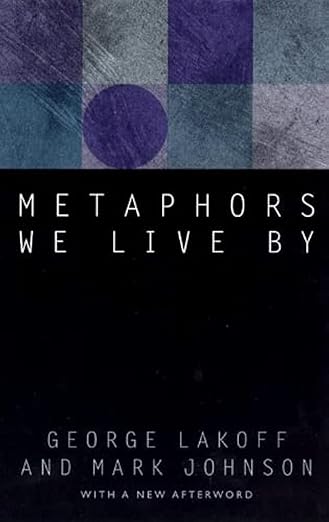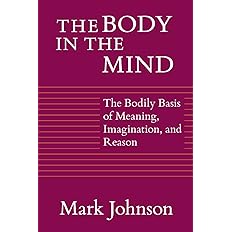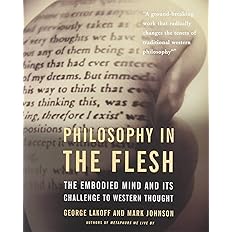Cognitive Linguistics has pushed the frontier of Philosophy and Linguistics, see how it's making a difference in the field of Biblical Studies
Status: Exploratory Phase
Related Books
Start here on your Cognitive Linguistic journey! Presents the groundbreaking foundation of Conceptual Metaphor Theory, revealing how everyday metaphors structure our very cognition. Packed with vivid language examples, guided exercises for uncovering hidden metaphors in conversations and texts, and practical insights for applying metaphor analysis in language learning and anthropological research.
Target Audience:
General Audience, Students, Linguists, Anthropologists.
Notes:
Essential reading for understanding conceptual metaphor theory.
Quotations:
"This book could be considered to be one of the most intellectually honest of any book in print, for it unashamedly deals with commonsense notions of how the human mind deals with the world."
How does the mind work? Features practical analyses of language and culture. Introduces image-schema theory by showing how everyday bodily experiences—like balance, containment, and force—shape our conceptual networks.
Target Audience:
Philosophers, Linguists, Anthropologists, Cognitive Scientists.
Notes:
Explores the role of image schemas in shaping thought.
Quotations:
"Mind-blowing!"
"A very important book."
Are humans composed of a body and a nonmaterial mind or soul, or are we purely physical beings? Opinion is sharply divided over this issue. In this clear and concise book, Nancey Murphy argues for a physicalist account, but one that does not diminish traditional views of humans as rational, moral, and capable of relating to God. This position is motivated not only by developments in science and philosophy, but also by biblical studies and Christian theology. The reader is invited to appreciate the ways in which organisms are more than the sum of their parts. That higher human capacities such as morality, free will, and religious awareness emerge from our neurobiological complexity and develop through our relation to others, to our cultural inheritance, and, most importantly, to God. Murphy addresses the questions of human uniqueness, religious experience, and personal identity before and after bodily resurrection.
Target Audience:
Theologians, Philosophers, Students of Religious Studies
Notes:
Part of the Current Issues in Theology series.
This collection of essays explores the intersection of cognitive linguistics and biblical studies, demonstrating how concepts like cognitive metaphor theory, mental spaces, conceptual blending, narrative theory, and cognitive grammar can illuminate the interpretation of ancient texts. It showcases research on how linguistic structures shape cognitive patterns and how readers interact with biblical language.
Applies the metaphor revolution to core philosophical topics, demonstrating how concepts of truth, morality, and knowledge are grounded in bodily experience. Includes illustrative case studies from historical texts and discussion prompts for applying embodied analysis to classic and contemporary philosophy.
Target Audience:
Academics, Philosophy Students, Cognitive Scientists.
Notes:
Recommended for academics, comprehensive analysis of embodied cognition in philosophy.




